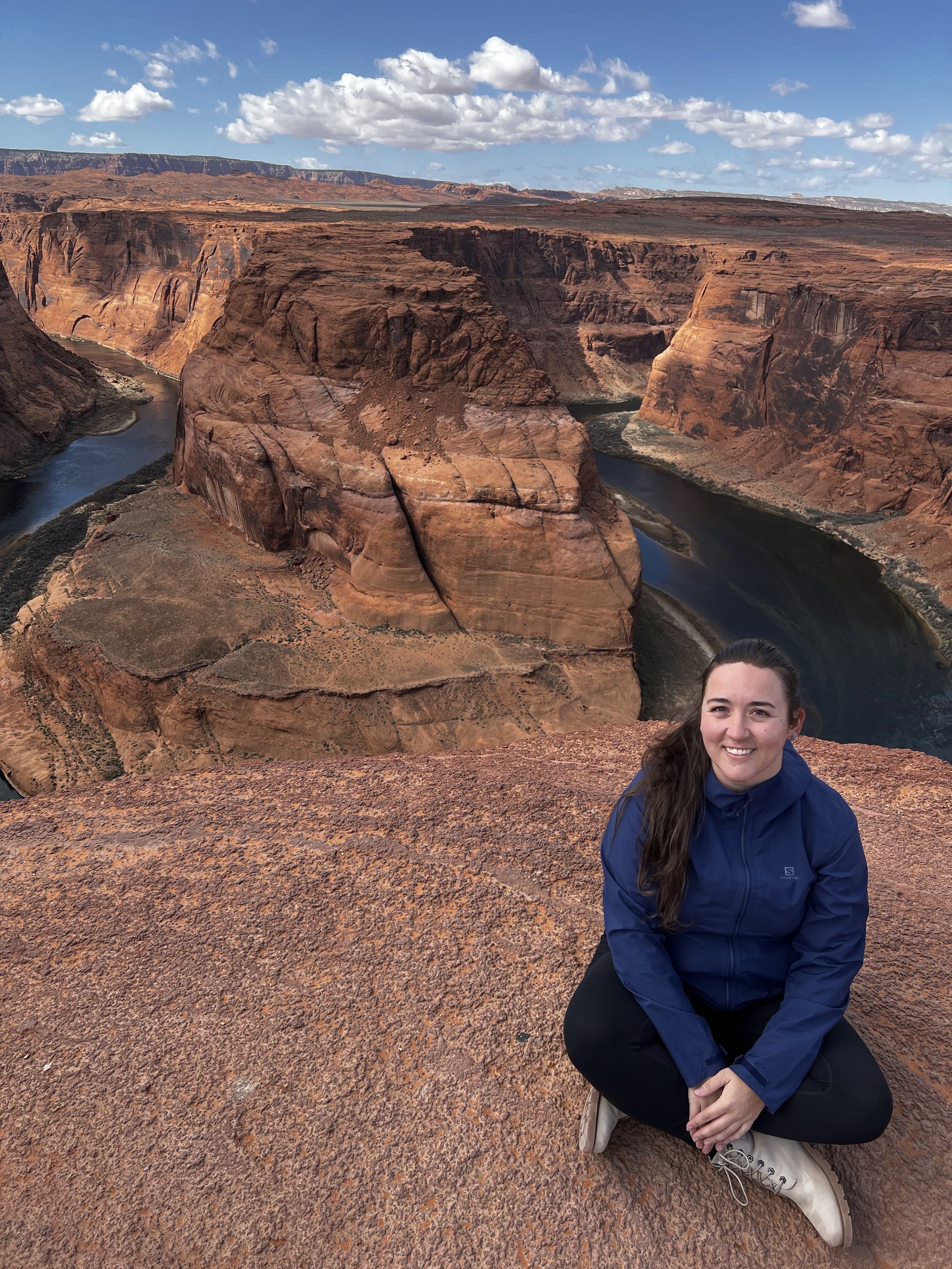ABOUT US
-

WHAT DO WE DO?
At Counter Culture Studio, we're passionate about creating homes that are as unique as the individuals who inhabit them. We specialize in custom residential architecture, tailoring every design to your specific needs, lifestyle, and aspirations. Whether you're dreaming of a new home, a thoughtful renovation, a functional addition, a backyard ADU, or simply enhancing an existing space, we're here to guide you through every step of the process.
Our Services
New Construction Homes: Collaborate with us to design a custom home that perfectly reflects your vision and values, optimized for energy efficiency and long-term comfort.
Additions & Renovations: Expand your living space or reimagine your existing home with thoughtful additions and renovations that seamlessly blend with your current style while enhancing functionality and sustainability.
Accessory Dwelling Units (ADUs): Create a versatile and independent living space on your property, whether it's for family, guests, or rental income.
Garages & Outbuildings: Design functional and aesthetically pleasing structures that complement your home and enhance your property.
Energy Retrofits: Improve the energy efficiency and comfort of your existing home with data-driven upgrades and sustainable solutions.
Our Approach
We believe in a collaborative and data-driven approach to design. We'll work closely with you to understand your vision, utilizing cutting-edge technology and the latest building science to create a home that is not only beautiful but also high-performing and environmentally responsible. Our commitment to accessibility ensures that quality architectural design is within reach for everyone, regardless of project size or budget
-

WHO DO WE DO IT FOR?
With our primary location in Seattle, WA and a satellite location in Denver, CO, Counter Culture Studio serves clients across the PNW & Mountain West. We bring extensive knowledge of both dense urban areas and mountain environments to our work with homeowners, developers, and contractors. We are currently licensed in Washington, Colorado, and Utah.
Homeowners: We collaborate with you to design custom homes, renovations, additions, and ADUs that reflect your unique vision and values.
Developers: We partner with you on urban infill projects, maximizing returns on investment through efficient, sustainable design that complements dense urban environments.
Contractors: We provide comprehensive design services and ongoing support to ensure smooth and efficient projects that result in beautiful, high-performing homes.
-

HOW DO WE WORK?
At Counter Culture Studio, we believe in a collaborative and supportive approach, guiding you through every stage of your project, from initial concept to final construction. We understand that building or renovating a home can be a complex undertaking, and we're here to simplify the process so you can focus on the exciting parts of bringing your vision to life.
Our Partnership Approach
Comprehensive Guidance: We're your trusted partner throughout the entire journey, providing expert advice and support every step of the way.
Navigating Complexities: We handle the technical details and complexities, interfacing with city or county officials to secure necessary permits and approvals.
Team Building: We assist in assembling a qualified team of professionals, including structural engineers, civil engineers, and contractors, ensuring a seamless and successful project.
Ongoing Support: We don't just hand over drawings and disappear. We remain actively involved, providing ongoing communication and support throughout the construction process.
Our goal is to empower you to make informed decisions while enjoying a stress-free and rewarding experience.
-

WHO ARE WE?
Alexis Suggs is a licensed architect and who trained in Passive House design. She has over 9 years of experience in residential design and is passionate about creating beautiful homes, energy-efficient homes, and bringing a research-driven approach to every project. When not in the studio, you'll find Alexis exploring the mountain landscapes she loves.